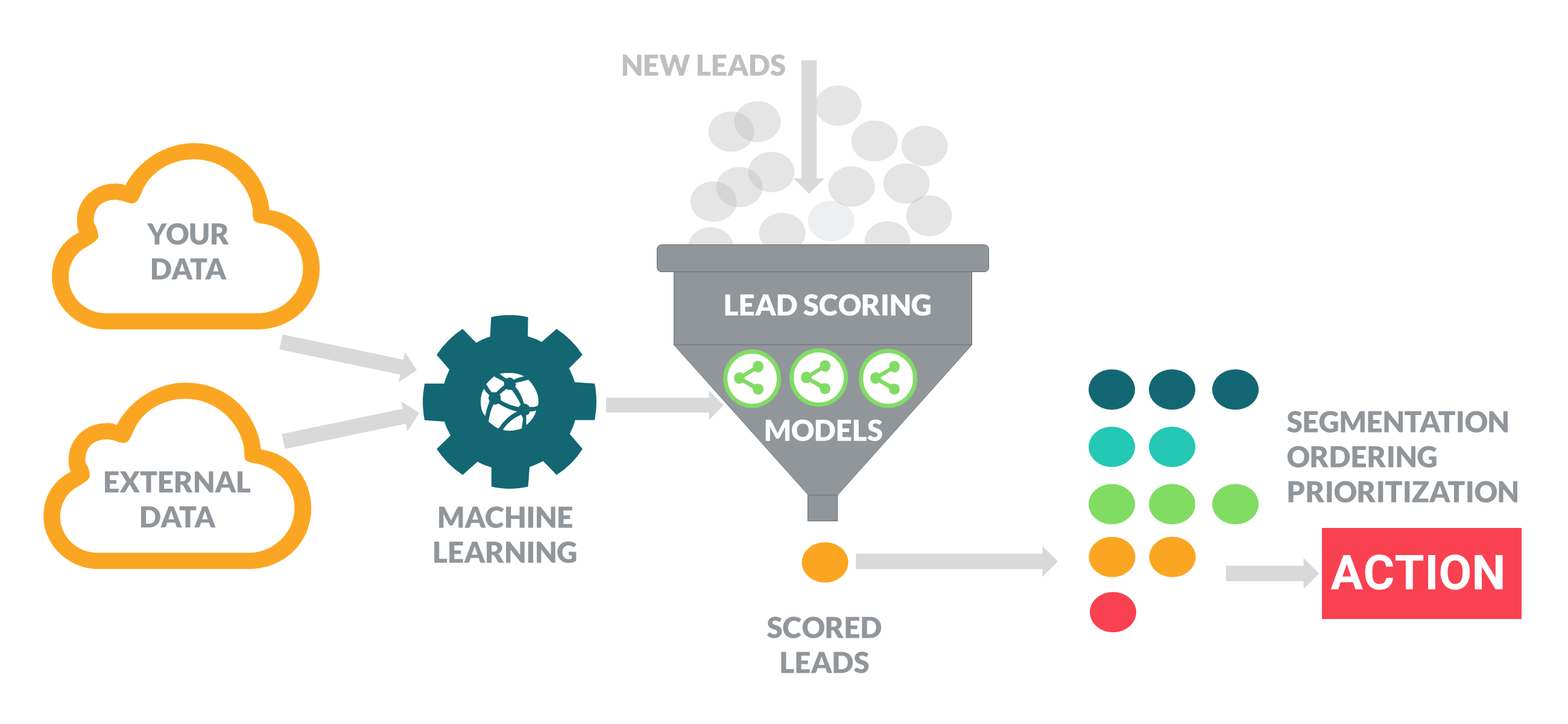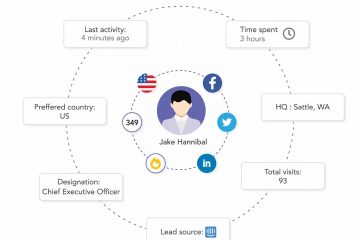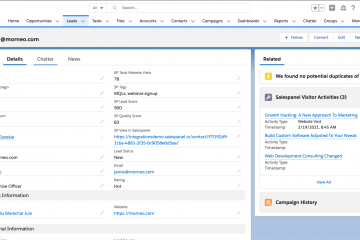Guide To Lead Scoring With Eloqua
If you have a database of leads, there’s a good chance you are sitting on a gold mine. A database that has been built up of genuine leads can be converted into a significant revenue stream if you play your cards right. This might sound difficult to do, however. After all, your database might hold thousands of leads. You could try and blanket market them all with the same content but this will be wasteful. What works for one lead won’t work for most of the other leads in your database, making it important to work with each one as individually as possible.
The same can be said about any inbound strategy. You acquire a lot of leads each month but not all of them are actually interested in buying from you. Some people are just trying to find information or are just casually visiting your website.
So, many of your leads are never going to buy. Some of them would buy but later. In between those who are nowhere near buying and those that are ready to pay their money, there are numerous other stages. If you want to weed out unqualified leads, nurture leads who may buy, and find out leads who are ready for sales, lead scoring will be your weapon.
What is Lead Scoring?
Lead scoring is a system where your leads are given ‘scores’ – a number of points that are accrued according to certain criteria. The number of points that each lead has acquired can give you a good idea of where they are in the sales cycle, letting you know the best approach to interacting with them. If somebody has just signed up and has fewer (behavioral) points, for example, an automated welcome letter or a drip campaign would be the best approach instead of sending them an offer straight away. The general idea is to get the right content to the right lead at the right time to nurture them through the process until they are ready to buy.
There are two ways you can score leads: Rule-based and Predictive.
Rule-Based Lead Scoring
Rule-based or point-based lead scoring involves arbitrarily choosing a scoring system by allocating a certain number of points for certain criteria. For example, if somebody signs up for more information on a particular product, you can have a pre-determined number of points awarded to them. You can also choose to have points deducted from their total if their interest appears to be cooling. This will tell you that the lead is closer to buying and when they accrue enough points, you will know it’s time to go in for the close.
Rule-based lead scoring can be set up manually by you and you can customize how each lead gets points.
Predictive Lead Scoring
Predictive lead scoring works on the same principle as point-based lead scoring. The more points a lead has, the closer they are to buying. The mechanism behind the scoring system is somewhat different, however.

Source: https://untitled-research.com
With predictive lead scoring, the number of points each lead has is determined by sophisticated algorithms that determine the values of certain criteria. It typically works by taking thousands of data points and, in many cases, additional data points from pre-existing databases are imported to enhance the results. A predictive lead scoring model will also sometimes use machine learning to keep on improving the results. As the software gathers more data, it gets to learn from its ‘mistakes’, and adjust its algorithms accordingly.
Lead Scoring With Eloqua
Eloqua is a sophisticated marketing automation platform created by Oracle. The platform provides a range of tools that make it easier for marketers to nurture the leads in their database. Users can use Eloqua to create dynamic campaigns and deploy them.
Marketers can also use Eloqua to segment their database, allowing them to target the right leads more easily. The platform also comes with lead scoring tools that help determine just where in the sales cycle a lead is. Asset management tools allow you to create and manage your marketing assets such as landing pages, responsive emails, and forms. Eloqua also has automation features that allow you to tell the platform to perform certain actions, such as sending appropriate content automatically when a lead performs certain actions.
Eloqua and Salespanel
Eloqua can also be connected with other, 3rd party platforms such as Salespanel. Salespanel can help you qualify leads using BOTH predictive and rule-based lead scoring strategies. Data groups like individual data, firmographic data, and behavioral data are all used to help determine which leads are hot, and which ones need more nurturing. Salespanel will help you to track your leads’ behavior so you have an up-to-date score of where they are in the sales cycle.
Salespanel can be synced with Eloqua to transfer leads and their data to the Eloqua platform. Marketers then get to take full advantage of Salespanels’ lead scoring software by using the scored data with Eloqua’s powerful automation tools. The result is a database of leads that are accurately interacted with according to their needs, and where they are in your sales funnel.
Conclusion
As valuable as large lead databases can be, getting the right information from them can be tricky. It can be all but impossible to know how close an individual lead is to making a buying decision, potentially resulting in a lot of revenue being lost. With lead scoring, however, the leads can be qualified, making it easier for you to try and sell to the right people at the right time. When combined with automation tools like Eloqua, working with a large database becomes even easier still.
A proper lead qualification process makes your sales framework highly efficient. Leads can be nurtured effectively to lead them through to the end of the sales funnel and, when there, they can be presented with offers that are appealing to them. This helps your sales team work with sales qualified leads and close more deals.
Sell more, understand your customers’ journey for free!
Sales and Marketing teams spend millions of dollars to bring visitors to your website. But do you track your customer’s journey? Do you know who buys and why?
Around 8% of your website traffic will sign up on your lead forms. What happens to the other 92% of your traffic? Can you identify your visiting accounts? Can you engage and retarget your qualified visitors even if they are not identified?



